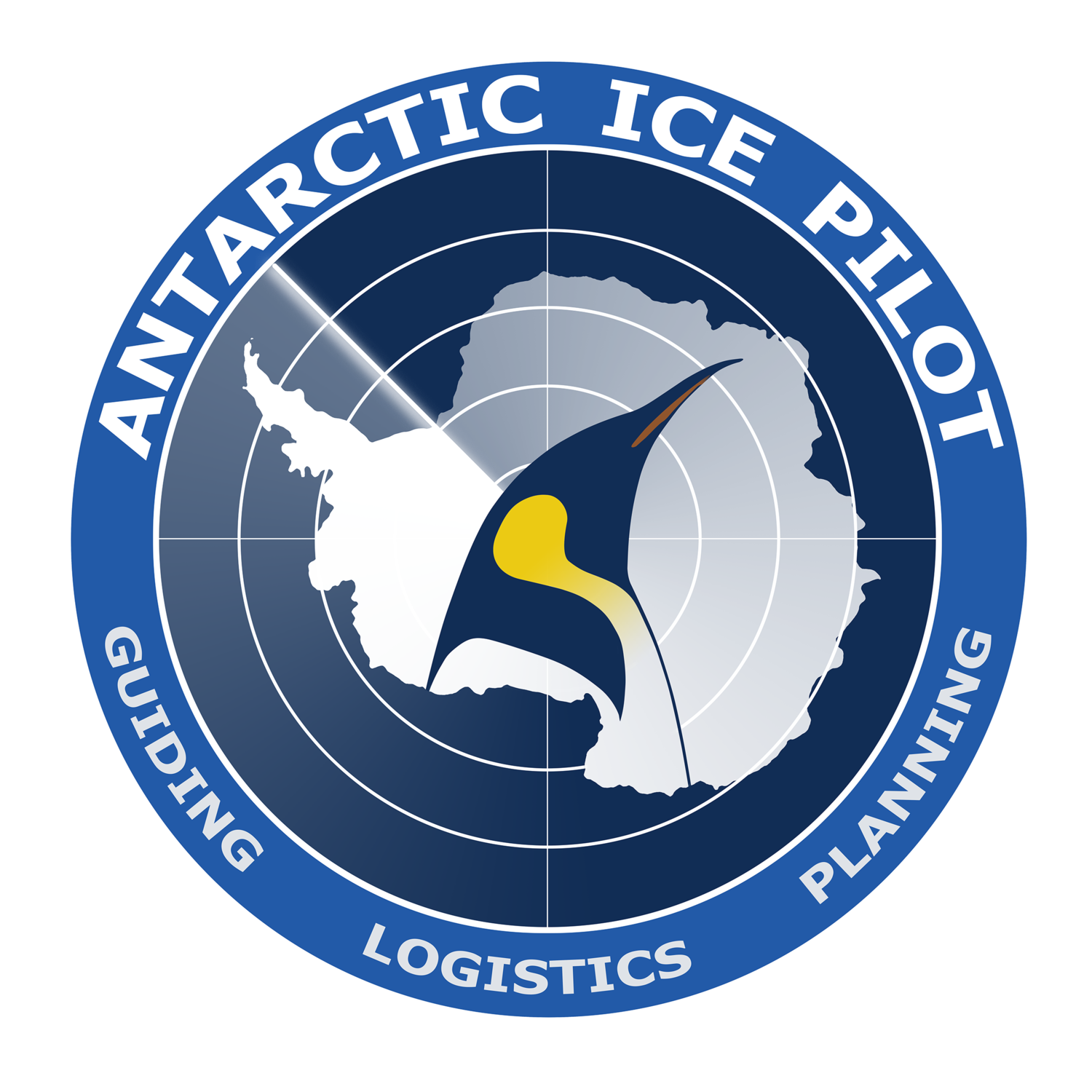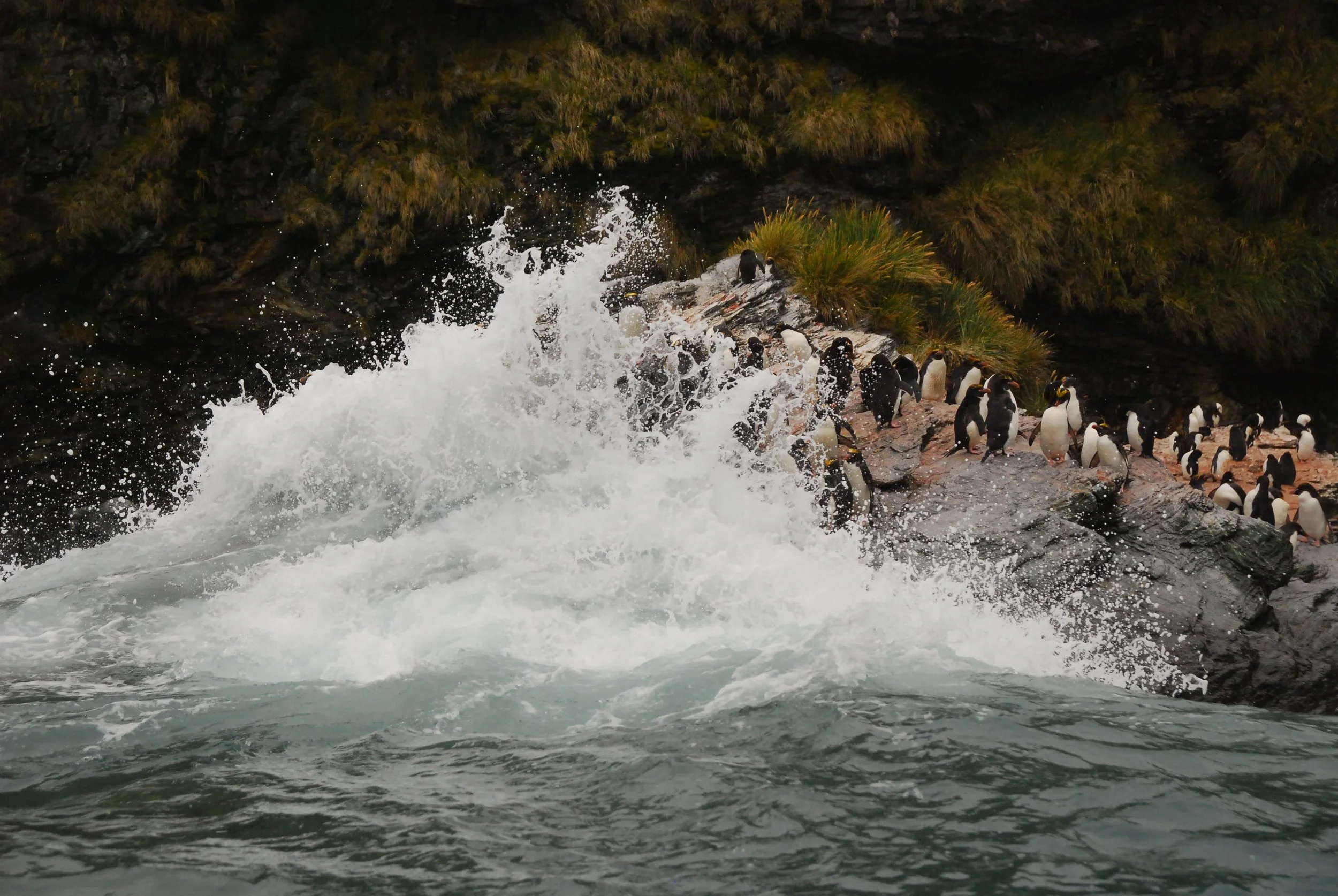Science results from AIP’ double-superyacht expedition to Antarctica during the pandemic
/As well as providing a great experience some good science was achieved from the only superyacht expedition to visit Antarctica in 2020-2021. The expedition supported the research of Dr Tom Hart, Penguin Lifelines and Thomas P Peschak, National Geographic photographer to visit and film on the peninsula.
Tom Hart leads the Polar Ecology and Conservation Research Group at the Department of Zoology at Oxford University. As a result of the expedition Dr Hart received funding from Save Our Seas Foundation. 2021 was a once-in-a-lifetime opportunity to investigate the potential drivers of decline in the populations of penguins on the Antarctic Peninsula. Tom’s work shows us the value of long-term monitoring and the importance of collecting baseline data at scale. While no one could have predicted the Covid-19 pandemic and its consequences for our planet, Tom’s research can now capitalise on a 10-year monitoring dataset that he can compare with these pandemic years of minimal human presence on the peninsula. The foresight to anticipate change – whatever shape that may take – is what makes this project uniquely placed to disentangle the complex impacts of human visitation, climate change and fishing on adélie, gentoo and chinstrap penguins.
Save Our Seas - The Penguin Project
Thomas P. Peschak of National Geographic wrote an article available to members only at An icy world is in meltdown, as penguin population shifts signal trouble (nationalgeographic.com)


